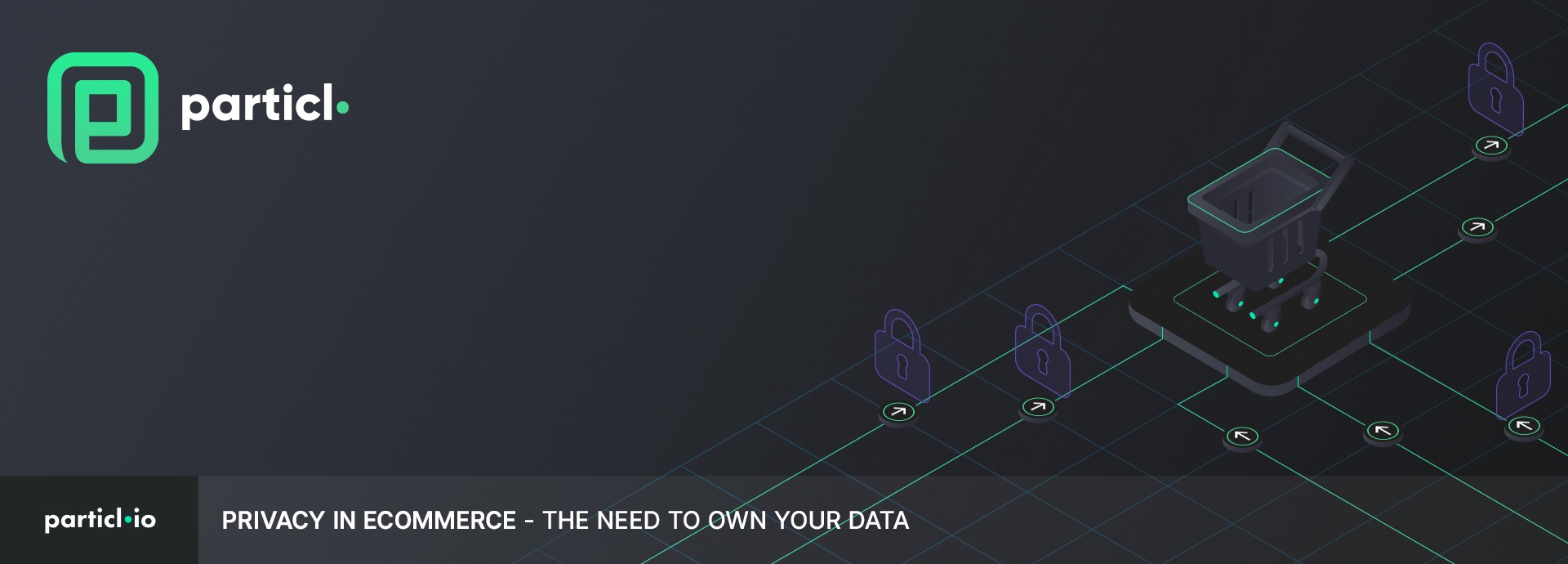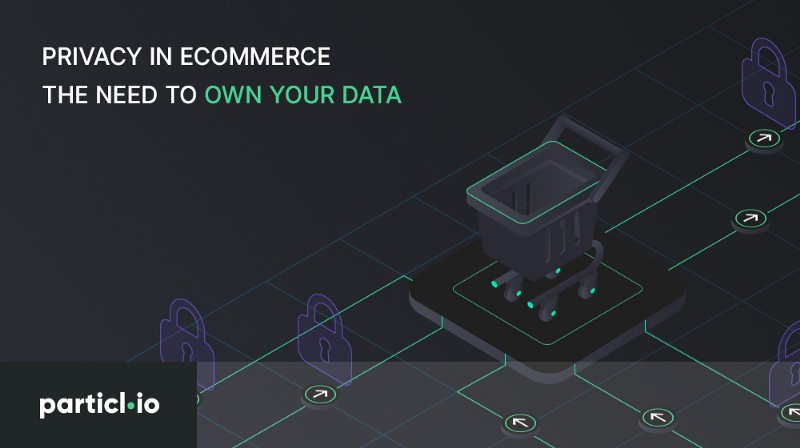
The world is an interconnected, nay, hyper-connected place. Devices, apps, networks, and retailers are becoming increasingly talkative with each other, and it just so happens that the topic of conversation is, well, you.
Swimming in an Ocean of Data
If you look closely, there’s a common thread between your phone and that seemingly innocuous browser ad plugging Nike shoes the day after you visited a Nike shop. Your live data runs straight into the clutches of the data-harvesting apps populating your devices, manifesting itself later on in the form of eerily accurate ads and suggestions.

As life becomes increasingly digital, you’re leaving a virtual trail with each move. Every moment of every day, your devices log your actions, save the data, and sell it to the highest bidder. Your hour-long stop at Whole Foods grocery store after work, the route you took to get there, the Spotify playlist you listened to on the drive, the Amazon Prime purchase you made — none of it goes unrecorded, and all of it is sold by the very apps, networks, and devices you trust.
Your data forms countless streams that funnel into an invisible ocean of data. That is true for anyone who regularly accesses the internet, uses apps, or owns a smartphone. While some of it can’t be readily interpreted just yet (such as your Instagram photos and voice messages), the technology for mining it is rapidly maturing.
It’s All in the Fine Print — Or, Is It?
The obvious question to ask is — who wants this data, and why?
For retailers, governments, and social networks, getting to know you is a lucrative business. Your raw personal data translates directly into money and power for internet giants like Facebook, who benefit immensely from doing sketchy things like recording your conversations and phone calls.
As the world’s leading data broker, Acxiom buys data wholesale and unloads it to other businesses for consumer targeting. After clearing over $1 billion in sales last year, Acxiom sold their company for $2 billion. All of that profit is built from data you generated — your personal experience, whether on the web or otherwise, is no longer yours because you don’t own it.
Some argue that because of the fine print in the terms and conditions when you create app accounts, all of this is known. However, did you agree to the box that said Facebook would sell your data to a company using it to interfere in elections throughout the world? Of course not, because that box wasn’t an option. That didn’t stop Facebook from selling the personal data of 87 million users to Cambridge Analytica, a company directly implicated in using it to influence the outcome of the 2016 US election.
Can You Really Control What Happens of Your Data?
Amazon, the world’s largest online retailer, allows third-party sellers on its platform. Over 30% of those sellers are China-based and use payment platforms such as LianLian. Payment processors have direct access to a seller’s account and can, therefore, collect buyer data as well. With a massive share of the world’s largest retail network, Chinese payment processors have every incentive to harvest and sell your data for additional revenue.

Quora, Uber, Equifax, eBay, Google, T-Mobile, Microsoft, and countless other apps, services, and platforms used worldwide are all cashing in on the big data business that is worth, all told, an estimated $250 billion a year.
When your data is sold, it isn’t tagged or tracked. It flows down the bottomless rabbit holes of the internet, and where it ends up is anyone’s guess. One company may use your data for micro-targeting while another uses it to fuel its predictive analytics.
The moment you do anything that can be digitally represented, that action is transmuted into data and immediately trades hands.
…your personal experience, whether on the web or otherwise, is no longer yours because you don’t own it.
To make matters even worse, companies all along the data-mining supply chain are often targeted by hackers. Since data storage is a relatively recent phenomenon, it’s also very loosely regulated and lacks guidelines for the protection of sensitive information. When a breach occurs, stolen data that includes your banking details, home address, text messages, phone numbers, transactions, location history, and more is at risk of being used against you.
As the scandals surrounding data have grown in scale, so too has the push to make each of us the rightful owners of our data.
Are Decentralized Marketplaces a Better Way?
Data-mining is by and large done with the specific intention of getting better at selling you things. The more retailers know about what you want, the better they can hone in on you and convince you to spend. This is specifically why the eCommerce sector has become so keen on data mining.
Thanks to Satoshi and the blockchain, a new form of marketplace has risen over the last few years. Did you know Satoshi had begun working on a decentralized marketplace, entirely built on Bitcoin, before disappearing?
Decentralized marketplaces look and feel like their centralized counterparts, but they’re intended to give you full control over your data and, therefore, complete privacy. However, do they really improve upon the problem they’re supposed to fix — or do they make it worse?
Decentralized marketplaces run on public blockchains. The key word here is public — meaning that your valuable information can be tracked and harvested by anyone with access to a block explorer. Complicating the situation are blockchain analytics firms that have become sophisticated enough to track down your full transaction history, IP address, and personal details.
Dubious blockchain analytics startups are being bought out en masse by exchanges like Coinbase while others breeze through high-dollar funding rounds. Data-mining has already proven to be extremely lucrative in the traditional e-commerce world, and blockchain has shown itself a worthy of replacing traditional networks. If you put two and two together, the reason for the current blockchain analytics gold rush is clear as day.
Today’s blockchain analytics firms are tomorrow’s big data-harvesting centers — and decentralized marketplaces without privacy measures in place won’t be safe.
Towards a Decentralized AND Private Marketplace
Inspired by the decentralized marketplace forebearers such as OpenBazaar, it seems that the only answer to the assault on our privacy is to take the blockchain marketplace model a step further and make it private by default.
Particl is a blockchain analysis-resistant marketplace that is both decentralized and private. Your transaction details and identity are kept entirely anonymous — no one, no matter how hard they try, can collect your data when you use the Particl platform.

That means your data is yours — it’ll never end up as runoff trickling into a murky data silo someplace. Sure, we’ve heard critics claim that if you’ve got nothing to hide, then there’s no use for privacy. Unfortunately, such arguments miss the point.
By hiding your data when buying or selling online, you aren’t implicitly admitting to shady activity. You’re reclaiming the value inherent in your data and strengthening your digital autonomy. In the physical world, you wouldn’t stand for being followed or robbed — so why let those things happen to your digital self?
In the digital era, data ownership is a fundamental human right, but we need the tools and resources for exercising that right. Particl Open Marketplace is just such a resource, and by using it, you stand up for not only your data but also that of your peers.
